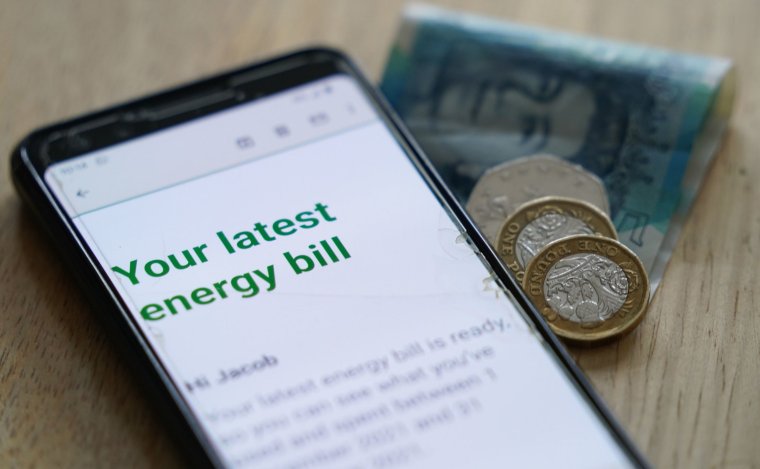As autumn sets in and the temperatures drop some households will be turning on their heating for the first time in month.
But with energy prices still higher than before the Covid pandemic and set to rise again in January according to the latest forecast, many may fear it’s a luxury they can ill afford.
Kevin Lowe, technical manager at the Heating and Hotwater Industry Council (HHIC), has explained how the efficient use of central heating and insulation can help to keep your home warm and your bills down as the temperatures drop.
The heating engineer, who has more than 37 years’ experience in the job, told i there was no ideal thermostat temperature but “the lower you have your heating the less it will cost in bills but it is important to keep the level of heat comfortable in your home when you are there.”
“Making energy-efficiency improvements like insulation to keep the heat in will ensure your house stays warmer for longer, so you don’t need to have the heating on for as long”, he added.

A contentious issue in many households is the question of when is the right time to turn on the heating.
Mr Lowe said: “In the heating industry we usually see the end of October being the time that people start to get their heating on as the cold weather sets in.
“It is all down to personal comfort so September may be when some feel the need to put it on from time to time.
“By November, you will likely need to have your heating schedule set every day.”
For some, the sudden change in temperature from highs of 25°C in places two across the UK two weeks ago to single figures just days later was the trigger to switch on the central heating.
It raises the question of how low outdoor temperatures need to drop before switching on the heating.
“Heating systems are usually designed to work at full efficiency down to -3°C outdoors and boilers with frost protection will turn on automatically at around 5°C to prevent frost build-up”, said Mr Lowe, “It is probably around these temperatures that you will need your heating to kick in and heat your house.”
Although, he acknowledged this may be too cold for many to wait to turn on their heating and it was really a matter of “personal comfort” when you heat your house as temperatures start to drop outside.
Mr Lowe pointed out that “introducing insulation will keep the heat in your home for longer so you will not have to have the heating on for as long during cold snaps.”
And he said the use of smart controls, which can be managed from a smartphone, allow householders have more power over the exact temperature their house is heated to, offering greater flexibility if the outdoor temperature does drop.
On the burning question of whether it is better to have radiators on low all day or have short blasts of heating, Mr Lowe said that relied on a number of factors in a home, one of which was how well it is insulated.
“It all depends on how insulated your home is, what heating system you have in place, how long you spend in the house and, fundamentally, what your heating and comfort needs are”, he said, “After all, everyone likes their home to be at the right temperature for them.”
He added that the HHIC recommends getting an energy performance assessment done for your home to see how to improve efficiency, reduce bills and energy consumption, which could have more impact than changing the temperature setting on your thermostat.

With all eyes on the bills this autumn and winter, some may be looking to upgrade their boiler in the hope of cutting heating costs in the long-term.
For those with a non-condensing boiler, Mr Lowe said, “it is worth getting an upgrade to a newer condensing boiler, which could save up to 30 per cent on your energy bills” or, he said, a heat pump may be a good option.
Finally, he offered six top tips to save money and the environment during the colder months.
- Don’t heat the whole house if you don’t need to, use secondary heating
- Adjust your boiler flow temperature through radiators
- Don’t forget to insulate
- Don’t let draught in
- Don’t forget to bleed your radiators
- Get your heating system regularly serviced


Jimmy Carter was right about Israel